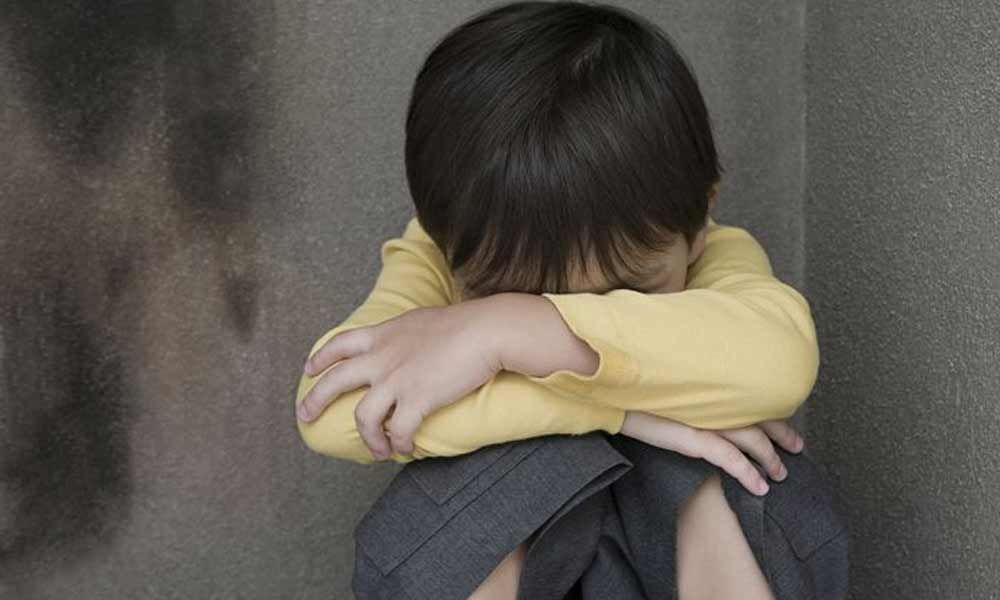Trauma in children may up stomach disorders later

If your child is suffering from trauma or extreme psychosocial deprivation, then s/he is at risk of developing stomach issues later which could affect the brain and behaviour, finds a new study.
New York, March 31: If your child is suffering from trauma or extreme psychosocial deprivation, then s/he is at risk of developing stomach issues later which could affect the brain and behaviour, finds a new study.
The study found that children with past caregiving disruptions showed higher levels of symptoms, including stomach aches, constipation, vomiting and nausea.
In addition, they had distinctly different gut microbiomes from those raised with biological caregivers from birth, said the study published in the journal Development and Psychopathology.
Children raised by parents had increased gut microbiome diversity, which is linked to the prefrontal cortex -- a region of the brain known to help regulate emotions.
"One common reason children show up at doctors' offices is intestinal complaints. Our findings indicate that gastrointestinal symptoms in young children could be a red flag to primary care physicians for future emotional health problems," said Nim Tottenham, Professor Columbia University in the US.
"Our study is among the first to link disruption of a child's gastrointestinal microbiome triggered by early-life adversity with brain activity in regions associated with emotional health," said Bridget Callaghan, postdoctoral candidate at the varsity.
For the study, 115 children adopted from orphanages or foster care homes on or before approximately they were two years old and 229 children raised by a biological caregiver were analysed.
"It is too early to say anything conclusive, but our study indicates that adversity-associated changes in the gut microbiome are related to brain function, including differences in the regions of the brain associated with emotional processing," said Tottenham.
Although more research is needed, this study helps to fill in an important gap in the literature, the team noted.














